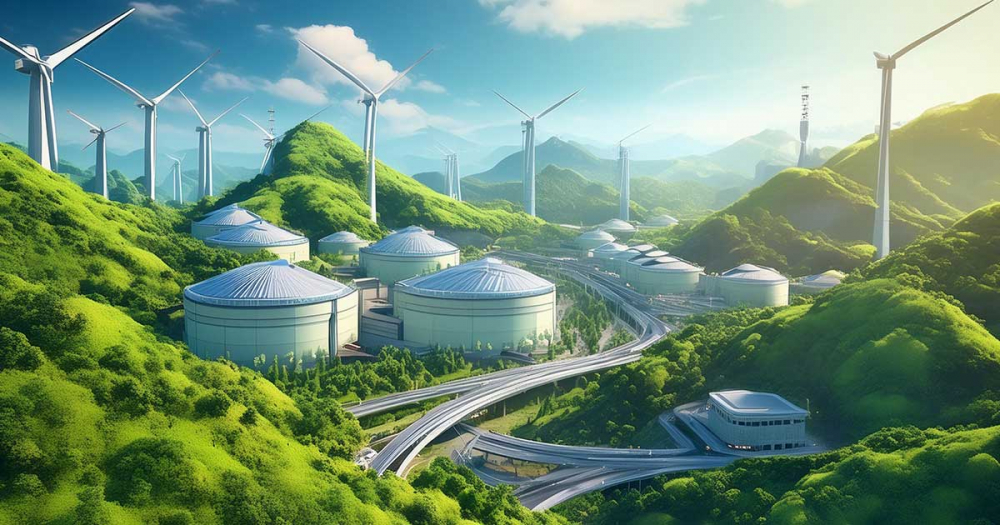The famous curse ‘may you live in interesting times’ is sometimes wrongly assumed to be both ancient and of Chinese origin, whereas it in fact likely has both a more modern and a more western provenance.
This gap between the belief and the reality perhaps can stand as a metaphor for much of the West’s understanding of China, for so much that is taken as read in the West about the world’s largest nation and second largest economy is more likely to be a projection of western preoccupations, and a Western frame of reference, upon it.
Whatever the phrase’s origin, it is true that we do live in increasingly interesting times. Not only have the tectonic plates of global geopolitics begun to shift, sending tremors not only across nations on the fault lines, but we have seen climate change rapidly become a key area of national policies and international negotiations.
It is therefore important that western nations make extra efforts to understand what is meant by 'climate change' in the Chinese context, and what policies have, are, and will be adopted by the People's Republic. It is also crucial that this be done with special care, without imposing too many assumptions upon the analysis that ultimately reveal more about the West than they do about China itself.
In this paper, China’s Climate Strategy: past, present, & future, this challenge is taken up by CPI, to explore what a 'climate strategy' looks like with Chinese characteristics.
The paper is built around three discussions. First, it outlines what China's new approach to climate change is, inclusive of its new development philosophy, and people-centric approach. Second, it surveys the technical details of China's national climate strategy. Third, it outlines the historical background, tracing the trajectory of China's concern for the climate over the decades, bringing us to the present day.
The research is available by clicking here.




